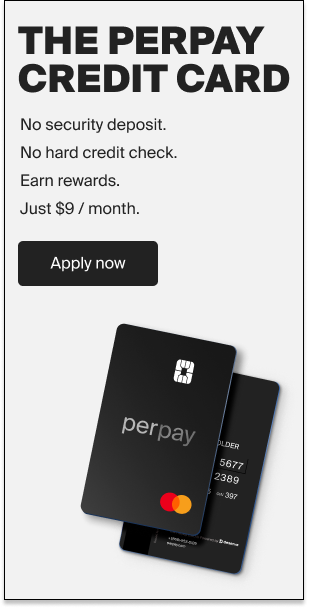[vc_row][vc_column][vc_column_text]Tis’ the season for family, friends, food, and fun. Unfortunately the holidays are also a time for extra expenses and very often for overspending as well. Many people start the holidays out with the best of intentions when it comes to their finances. Perhaps you even began with a budget or spending limit to make sure you did not overextend yourself once again this year. However, before you give into the pressure and start making excuses to spend money you cannot afford to spend, consider the following.
Mistake #1: Charging More than You Can Afford
If you begin the holiday season without a plan you could sadly be in for a rather unpleasant surprise – a credit score drop which might take months and sometimes even years to overcome. Many people fail to realize that relying upon credit cards to finance their holiday spending could potentially have such a negative credit impact after the fact.
For this reason the wisest way to approach the holidays is to only spend what you can truly afford. It is true that making a holiday budget or a spending limit for everyone on your list may not be the most exciting way to approach holiday spending. However, a carefully made budget is definitely the best way to protect your finances and your credit from a holiday spending hangover.
Mistake #2: Using Low Limit Credit Cards
We have already covered the fact that the best kind of holiday from a financial and credit standpoint is a debt-free holiday. However, if you plan to rely upon credit to finance your holiday expenditures anyway, you should at least do so strategically. To protect your credit scores when charging your best bet is generally to use your credit cards which feature the highest credit limits.
Credit scoring models like FICO and VantageScore are built to pay a lot of attention to your revolving utilization ratios. Revolving utilization ratio is a percentage which is determined by comparing your credit card limits to your credit card balances. For example, if you owe $800 on a credit card with a $1000 limit your account is 80% utilized. The higher your utilization ratios climb on each of your credit cards the worse the impact will be upon your credit scores.
Since a credit card account with a $500 limit is much easier to over-utilize than an account with a $5,000 limit, is it usually best to shelve those low limit credit cards during your holiday shopping extravaganzas. Whichever card you do wind up using, remember that it is in the best interest of your credit scores to pay off your credit card debt as soon as possible.
Mistake #3: Applying for New Retail Store Credit Cards
Everyone loves a discount, especially during the holidays when there seems to be a new discount around every corner. Some retailers will even allow you to stack discounts, such as when you apply for a new retail store card at the checkout counter. Yet before you get too excited about saving that extra 20%, you should know that opening a new retail store credit card could potentially have a negative impact upon your credit scores not just once, but three separate times.
First, the mere action of applying for a new retail store credit card could potentially harm your credit scores. Any time you apply for a new credit card the lender will pull a copy of your credit report. A record of that credit pull, also called a “hard” inquiry, will be left behind. If you have too many hard inquiries appearing upon your credit reports then your scores could take a hit (albeit likely a small one).
The next way that a new retail store card might harm your credit scores is when the new account appears on your credit reports. Credit scoring models also pay attention to the average age of the accounts which show upon your credit reports – the older the better. When you open a new account of any kind it will typically lower your average age of accounts and, by extension, could possibly have a negative impact upon your credit scores.
The final way which a new retail store card could harm your credit is the most dangerous. Retail store credit cards are notoriously issued with low credit limits (and high interest rates, but that is another story altogether). As a result, it is very easy to over utilize or even max out these accounts – either of which can have an extremely negative impact upon your credit scores until the accounts are paid off in full.
[/vc_column_text][/vc_column][/vc_row]



